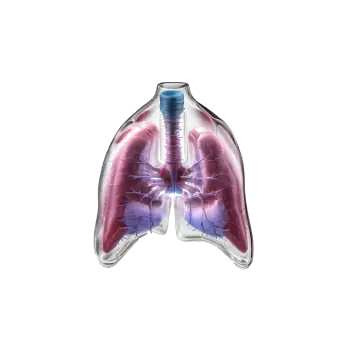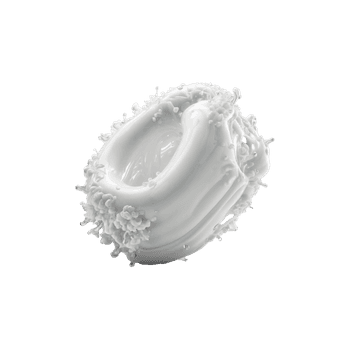Quick version
The body is carefully regulated to keep us healthy and functioning. The endocrine system, with its glands and cells that produce hormones, is crucial for controlling important bodily functions.
How does the endocrine system work?
Hormones are small molecules that act as the body's messengers, affecting specific groups of cells and regulating processes such as metabolism and growth.
Collaboration with the nervous system
The endocrine system collaborates with the nervous system to regulate functions like metabolism, growth, and reproduction.
Glands in the endocrine system
- Pituitary and hypothalamus: The pituitary gland is central to hormone production and controls other glands by releasing various hormones. The hypothalamus regulates the pituitary gland's activity.
- Thyroid and parathyroid glands: Regulate metabolism and blood calcium and phosphate levels.
- Adrenal glands: Produce hormones that regulate blood pressure, blood sugar, and stress response.
- Pineal gland: Produces the hormone melatonin, which regulates the sleep-wake cycle.
- Pancreas: Produces hormones to regulate blood sugar levels.
- Ovaries and testes: Produce sex hormones for reproduction and gender characteristics.
Regulation of hormone levels
The body has mechanisms to regulate hormone levels and adjust production as needed.
The endocrine system is a vital part of the body that balances many functions. Understanding its function provides insight into the body's well-being.
How does the endocrine system work?
Hormones are the small molecular signals that make up the body's communication system. They are produced by specific glands or cells and then transported through the bloodstream to different parts of the body where they are needed. Each hormone has a specific effect and affects a particular group of cells. Some hormones have a broad effect and affect almost all cells in the body, while others have a more specific impact.
In collaboration with the nervous system
The endocrine system closely collaborates with the nervous system to regulate and control various bodily functions. Together, the endocrine system and nervous system affect processes such as metabolism, growth, salt and water balance, puberty, reproduction, and lactation.
Glands of the endocrine system
Pituitary and hypothalamus: The pituitary gland is the body's central hormone-producing gland and controls other glands by releasing various hormones. The hypothalamus, located in the brain, regulates the pituitary gland's activity by sending signals to it.
Thyroid and parathyroid glands: Regulate metabolism and the levels of calcium and phosphate in the blood.
Adrenal glands: Located on top of the kidneys, produce hormones that regulate blood pressure, blood sugar, and stress response. The adrenal cortex produces mineralocorticoids, glucocorticoids, and sex hormones, while the adrenal medulla releases adrenaline and noradrenaline.
Pineal gland: This gland in the brain produces the hormone melatonin, which regulates the sleep-wake cycle.
Pancreas: In addition to producing pancreatic juice for digestion, the pancreas produces hormones such as insulin and glucagon to regulate blood sugar levels.
Ovaries and testes: These glands produce sex hormones such as estrogen, progesterone, and testosterone, which regulate reproduction and sexual characteristics.
Regulation of hormone levels
The body has sophisticated mechanisms to regulate the levels of various hormones. Glands that produce hormones can sense the levels of these hormones in the blood and adjust their production accordingly. If there is too little of a particular hormone, the gland increases production, and vice versa.
The endocrine system is one of the most fascinating and important parts of the human body. Without its finely tuned regulation, many of our bodily functions would be out of balance. Understanding how this system works gives us insight into how our body functions and how we can keep it balanced to enjoy a healthy and well-being life.




























